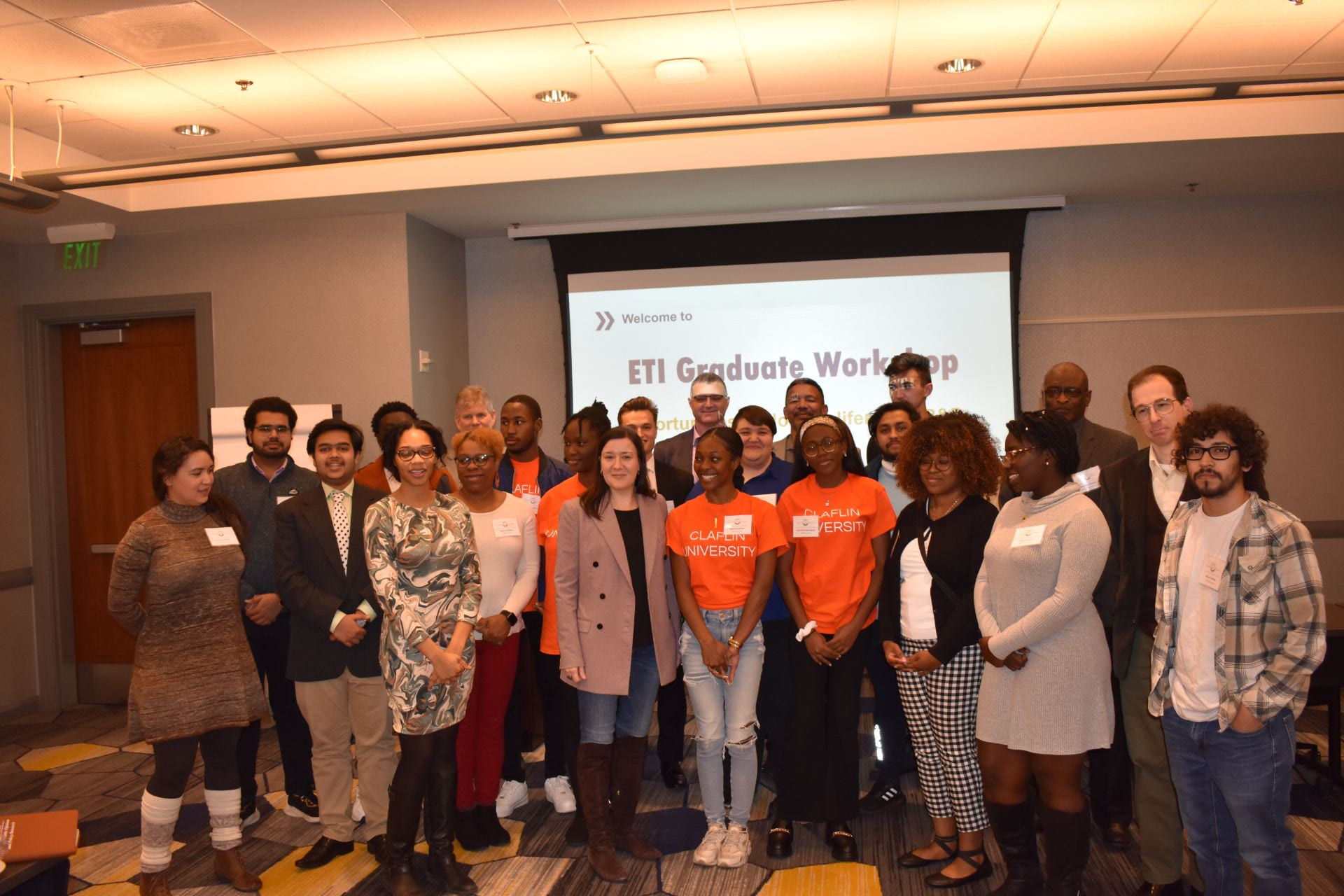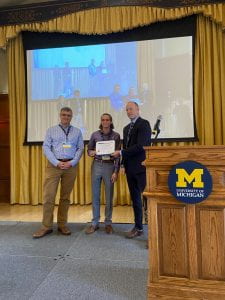ETI hosted a How to Apply to Graduate School Workshop event that presents opportunities in non-proliferation R&D on November 18-19 (Friday and Saturday), 2022, at the Georgia Tech Hotel & Conference Center, 800 Spring Street NW, Atlanta, GA. Our aim is to host this event for Historically Black Colleges and Universities (HBCUs) engineering students, and the goal is to draw more diversity into our partner institutions.
The workshop includes:
- Best practices in applying to graduate school
- Tips on getting funding while a graduate student
- Tours of GA Tech laboratory facilities
- Graduate research opportunities at consortium partners
- Networking with faculty and students from leading research universities
- Diverse career opportunities in non-proliferation R&D






